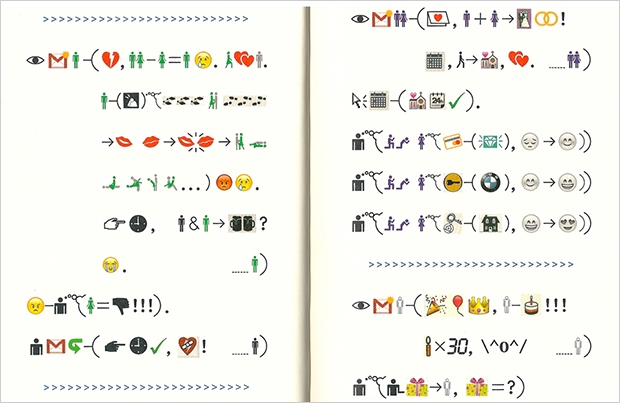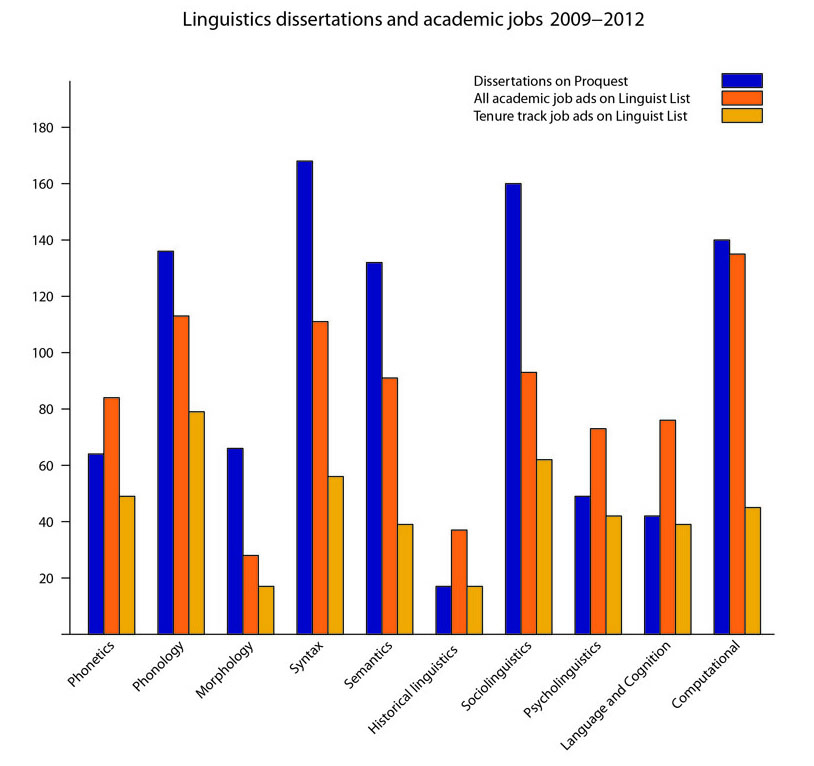Journalist Falls Flat in Comprehension Test
Or, as Kevin Drum put it, "New Test Shows Severe Shortcomings in Nation's Press Corps". Or maybe the headline should be "Onion Takes Over WSJ Education Beat".
According to Stephanie Banchero, "Students Fall Flat in Vocabulary Test", Wall Street Journal 12/6/2012:
U.S. students knew only about half of what they were expected to on a new vocabulary section of a national exam, in the latest evidence of severe shortcomings in the nation's reading education.
Eighth-graders scored an average of 265 out of 500 in vocabulary on the 2011 National Assessment of Educational Progress, the results of which were made public Thursday. Fourth-graders averaged a score of 218 out of 500.
The results showed that nearly half of eighth-graders didn't know that "permeates" means to "spread all the way through," and about the same proportion of fourth-graders didn't know that "puzzled" means confused—words that educators think students in those grades should recognize.
Read the rest of this entry »


